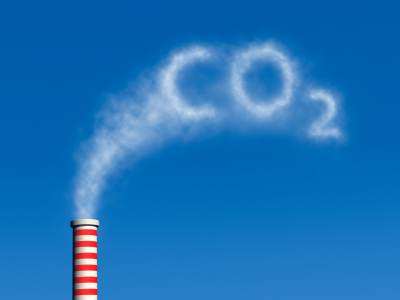With human activities releasing nearly fifty billion tons of carbon dioxide each year, it has led to the acidifying of oceans, where the oceans absorb at least half of this amount of carbon dioxide. Though it bodes well for climate change as it slows down the rate of change, it does not bode as well for the coral reefs. When water and carbon dioxide combine, they form carbonic acid, which release hydrogen ions. These hydrogen ions are mean agents in causing the acidification of the ocean water, especially in affecting availability and solubility of mineral compounds that coral reefs and other organism need.
The Intergovernmental Panel on Climate Change (IPCC) has predicted as of 2007 that the ocean acidity could increase 150% by year 21000, depending on future carbon dioxide emissions. This poses a major threat to the reefs. The current acidity of the oceans surface has already increased by 30%. And scientists have already found that the calcification rate of reefs at the Great Barrier Reef in Australia, has already slowed more than 20% in the past 16 years.
Another worrying problem is that, if the pH level of the seas gets too great, the exoskeletons (remember they are made of calcium carbonate) will just simply dissolve. This will affect the entire ecosystem on which coral reefs are the basis, as other fishes and organisms depend on these reefs for survival.
Unless we significantly reduce greenhouse gases emissions, acidification would be a major threat within the next few decades.

